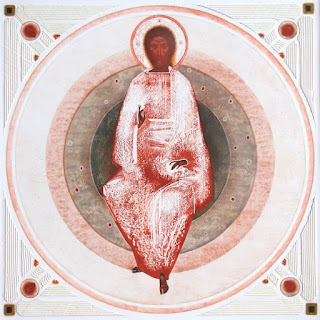'None know but they that dwell with him': Jeremy Taylor on 'Come and see'
Philip said to [Nathaniel], 'Come and see' - from the Gospel appointed for The Second Sunday after the Epiphany, Year B, John 1:43-51. Philip's words are those the Lord first addressed to Andrew and the other disciple of John the Baptist in the John 1:39.
These disciples asked of Christ where he dwelt Jesus answered, 'Come and see.' It was an answer very expressive of our duty in this instance. It is not enough for us to understand where Christ inhabits, or where he is to be found; for our understandings may follow him afar off, and we receive no satisfaction unless it be to curiosity but we must go where he is, eat of his meat, wash in his lavatory, rest on his beds, and dwell with him. For the holy Jesus hath no kind influence upon those who stand at distance, save only the affections of a loadstone, apt to draw them nigher, that he may transmit his virtues by union and confederations: but if they persist in a sullen distance, they shall learn his glories as Dives understood the peace of Lazarus, of which he was never to participate ...




Comments
Post a Comment